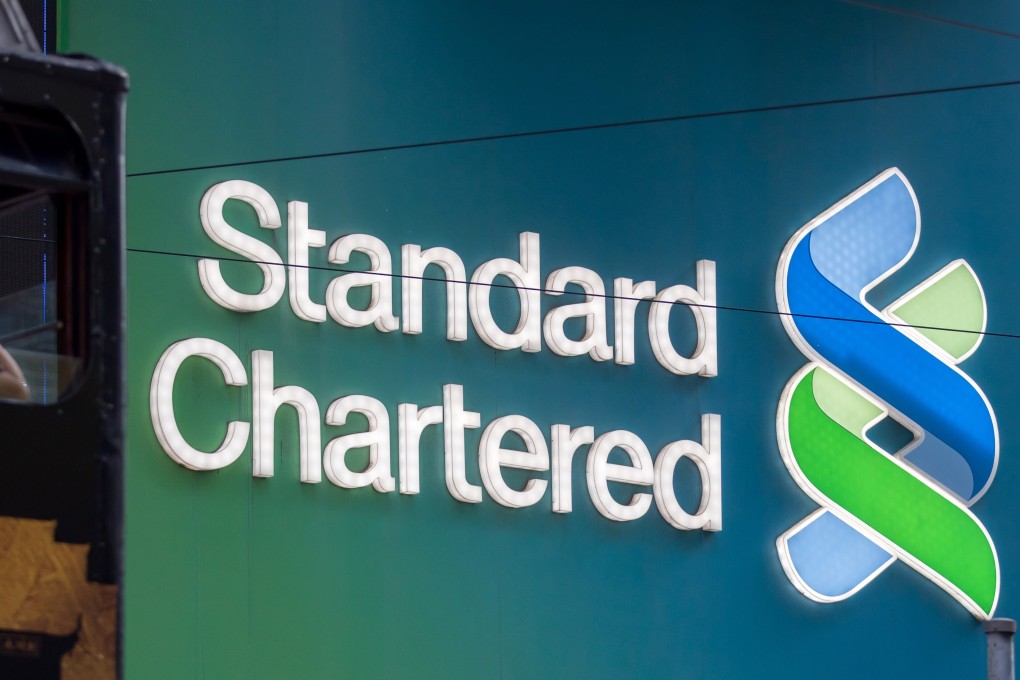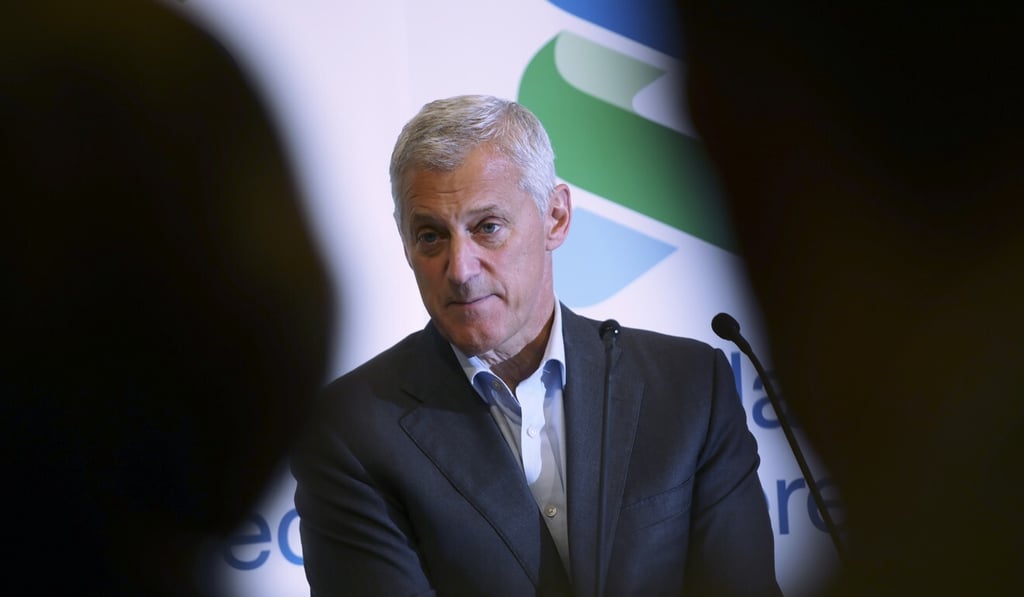Advertisement
Exclusive | Climate change: Standard Chartered’s net-zero plan to include non-coal fossil fuel, heavy emitters, says CEO Bill Winters
- The bank is working with external consultants and expects to publish a plan in October to press clients to transition to net-zero carbon emissions
- Hong Kong can host a trading platform for voluntary carbon credit purchases by mainland Chinese suppliers who are under pressure to cut emissions, say Winters
Reading Time:3 minutes
Why you can trust SCMP

Standard Chartered plans to publish a comprehensive plan in October to press clients to transition to net zero carbon emissions, by broadening its client exclusion policy to cover non-coal fossil fuel and other emission-intensive industries, said CEO Bill Winters.
The bank hopes its clients will be able to slash their carbon dioxide emissions by 45 per cent to 50 per cent by 2030, and achieve net-zero emissions by 2050 – the time frame for global warming to limit warming to 1.5 degrees Celsius under the 2015 Paris agreement.
Net zero, also known as carbon neutrality, is achieved when emissions are offset by deploying facilities to capture and store the same amount from the atmosphere.
Advertisement
“We are working very hard on it now and will probably publish something around October,” he told the Post in an exclusive interview, adding it will be put to vote by shareholders during the annual shareholders’ meeting next May. “We are working with a couple of external consultants to map it out sector by sector, client by client.”

Advertisement
The bank has already dropped a few coal sector clients which refused to work with it to meet its net-zero transition targets that aim to help fight climate change, and plans to drop more as the pressure becomes more acute.
Advertisement
Select Voice
Select Speed
1.00x